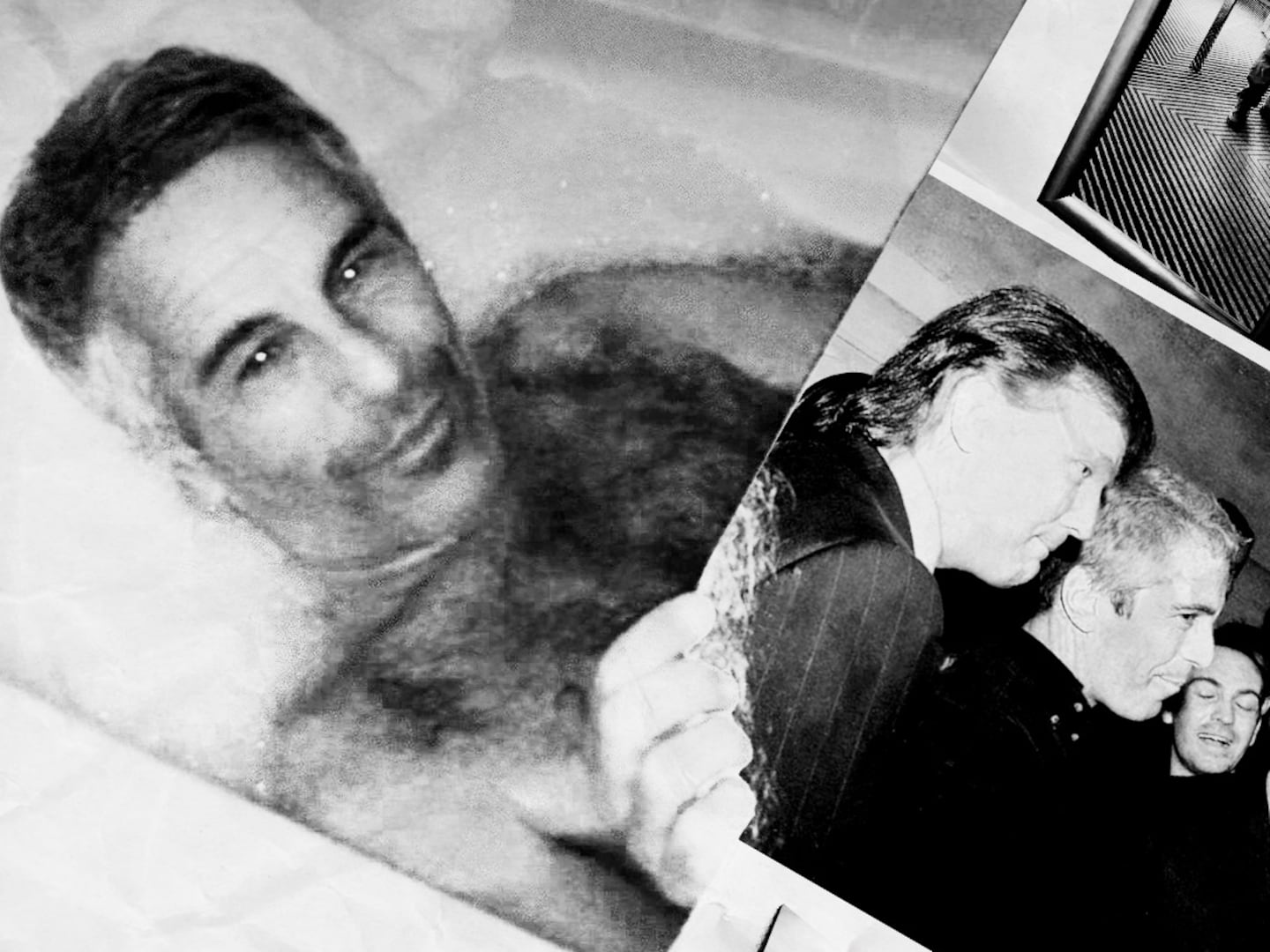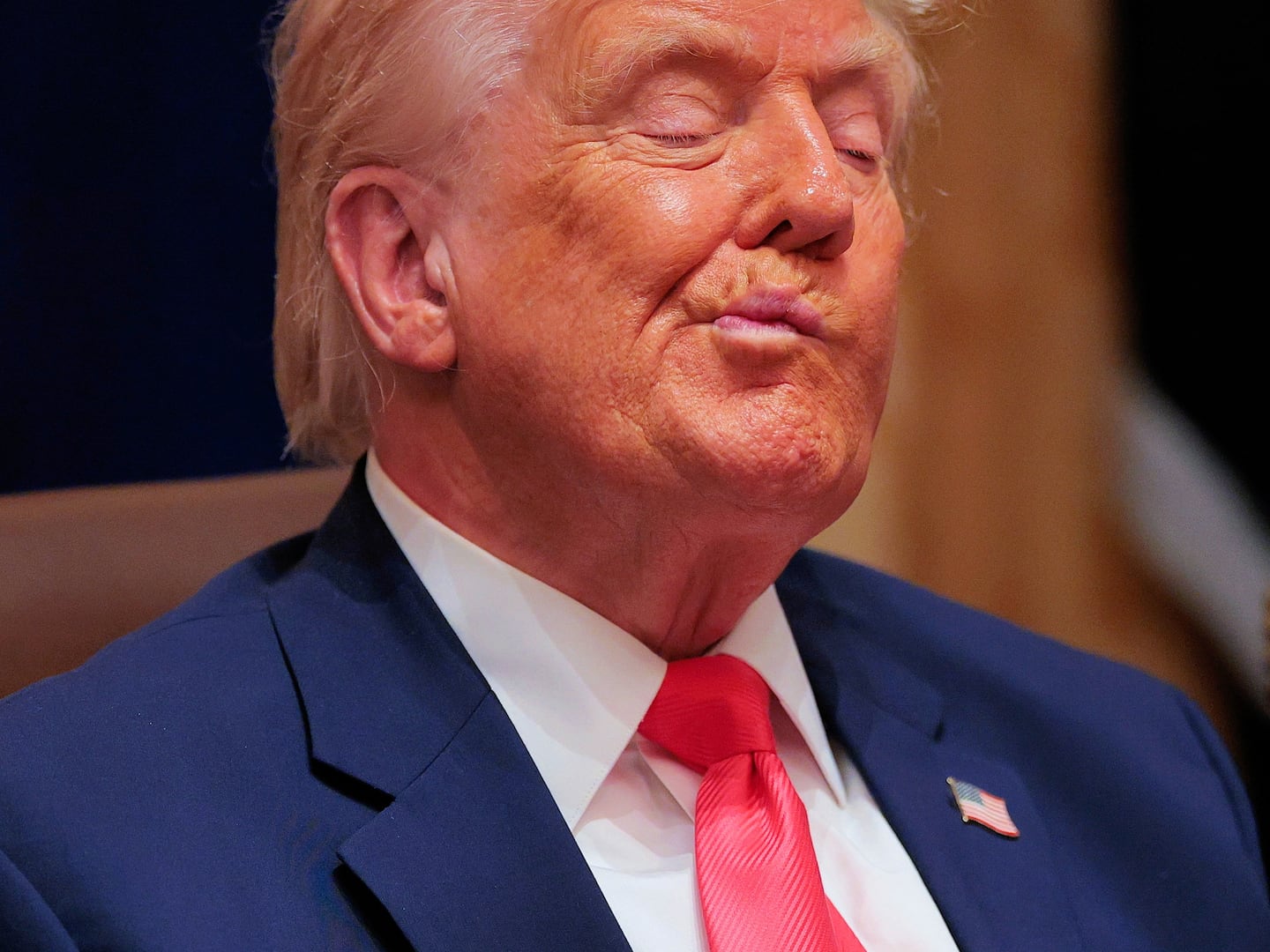
The Daily Beast ran into Geoff Dyer en route to Jaipur at Delhi airport. Fog permitting, the Beast was taking the tamer option of a 45 minute flight. Dyer, whose latest novel Jeff in Venice, Death in Varanasi depicts his protagonist up to his neck (quite literally) in India at its most chaotic, had elected to go by road: a probable 5 hour trip which turned into about 8. Material perhaps for a follow up...
Jeff in Venice, Death in Varanasi is a novel of two distinct parts. The first part of the novel is ‘a romance’: the collision of ‘Junket Jeff’, a jaded journalist for Kulchur magazine, with Laura, a vision of sexually liberated loveliness at the Venice Biennale 2006. Their electrically charged fling bathed in the light of Venice forms the first part of the novel. Jeff’s adulation is played out in the hopeless shadow of Mann’s Death in Venice, and the multitude of other literary reflections of Venice. He cites Mary McCarthy: ‘Everything that has ever been said about Venice has been said before—even this statement.’
And the other key thing, which a load of Indians from Bombay and Delhi have said to me, is that they don’t want to go to Varanasi , precisely because it is just this crazy place.
Whereas that might freak out a lesser writer for Dyer it released almost baroque flights of playful literary fancy. Geoff, acclaimed writer, as opposed to embittered hack, spells his name with a G but, before Jeff with a J, heads to the Biennale, his puppet master can’t but resist having him, already youth obsessed, dye his hair: losing a few years, and all the more likely, he reckons, to find some Venice Biennale action.

Junket ‘can I have a receipt, please?’ Jeff’s one task at the Biennale is to charm an aging rock chick into parting with a naked drawing of her done by her famous ex husband (a kind of Lucian Freud figure). Jeff’s victim’s name is Julia Berman, an allusion to Juliana Bordereau, the victim of an unscrupulous literary bounter hunter in The Aspern Papers. Standing before his grave, whereas Jeff with a J is happy to admit ‘I’d not read Brodsky, but knew he was a big deal’’ the inverse it true for Geoff, for whom he's not some Russian guy but a hero: “Brodsky in his book Watermark says of Ezra Pound, ‘in my line of work, Ezra Pound is a big deal’...
The modern day lens on Venice, though, is the Bellini fuelled art world circus that is the Biennale. Dyer’s wife is Rebecca Wilson, Charles Saatchi’s key advisor, hence his intimacy with that supercharged world. That said neither Geoff nor Jeff, pull their punches. In the Giardini, at the British Pavilion, he checks out Gilbert & George : “The work, needless to say, was weary as harmless old sin, the same old brightly-coloured, stained glass-looking nonsense they’d been doing for years, but the way Jeff looked at it (the only way anyone could look at it): who gave a shit? They were never going to do anything new, but so what? There was no point kicking against this affable pair of pricks.” Ouch. On to the American Pavilion: ‘Ed Ruscha’s long, horizontal paintings of buildings, some in colour, some in black and white. Fine, good, seen that.’
Bellinis and the possibility of free food are the biennale revellers chief concern. [A fact that can’t help make you laugh as later in this festival’s proceedings, we watch, and indeed dive in, as the assembled crowd of Booker winners, professors and global publishers form a polite scrum for beers and curry ]. “It’s funny one of thing things that kept coming up when I was doing all the interviews when the book came out, was that they’d say, you know, ‘the satire of the art world.’ I think satire is a really low form and for me, it wasn’t satire. It was my idea of a good time.”
But anyway, Dyer was less concerned with bruising egos in the art world than offending with his vivid portrait of an Englishman’s fascination and shock at Varanasi. In part 2 the action shifts to the first person, as Jeff gives a his account of going to Varanasi and finding himself disinclined to leave. “I was pretty worried about that because all the books that come out of India, or all the ones that I know, are all about the modernity of India and my book is not like that at all. It really is quite an old fashioned thing. This kind of Western post colonial figure is aghast at all the weird antics. In my defence I would say two things. First of all, if Varanasi isn’t exotic, I don’t know where is. And the other key thing, which a load of Indians from Bombay and Delhi have said to me, is that they don’t want to go to Varanasi , precisely because it is just this crazy place. So I think it is ‘exotic’ on inverted commas, to quite a few Indians as well.’
• Geoff Dyer’s Favorite Venice Biennale Memories • Taylor Antrim Reviews Jeff in Venice, Death in Varanasi At this distance the serendipity—the two mirrored cities mirroring each other—and the ‘absence’ of Laura, making the (anti)hero's total exit from life so desperately sad, seems planned with an almost architectural precision but the initial inspiration was accidental. A Venice novel was an ambition made possible by being completely transfixed by Varanasi which he visited for two days (‘torture’ because it was so brief) before writing the Venice section, and returning to the Ganges Palace for six weeks.
As I write, Jeff in Venice, Death in Varanasi has sold out here at the festival, with more copies being sent from Delhi. Jeff with a J might stand in front of the graves of Pound and Diaghilev and wonder if anyone really cares about making it ‘new’ anymore, but with his depiction of both Venice of the East and of the West, Geoff with a G, really seems to have managed it.
Plus: Check out Book Beast for more news on hot titles and authors and excerpts from the latest books.
Olivia Cole writes for the Spectator and the London Evening Standard. An award-winning poet, her first collection, Restricted View, will be published this fall.






